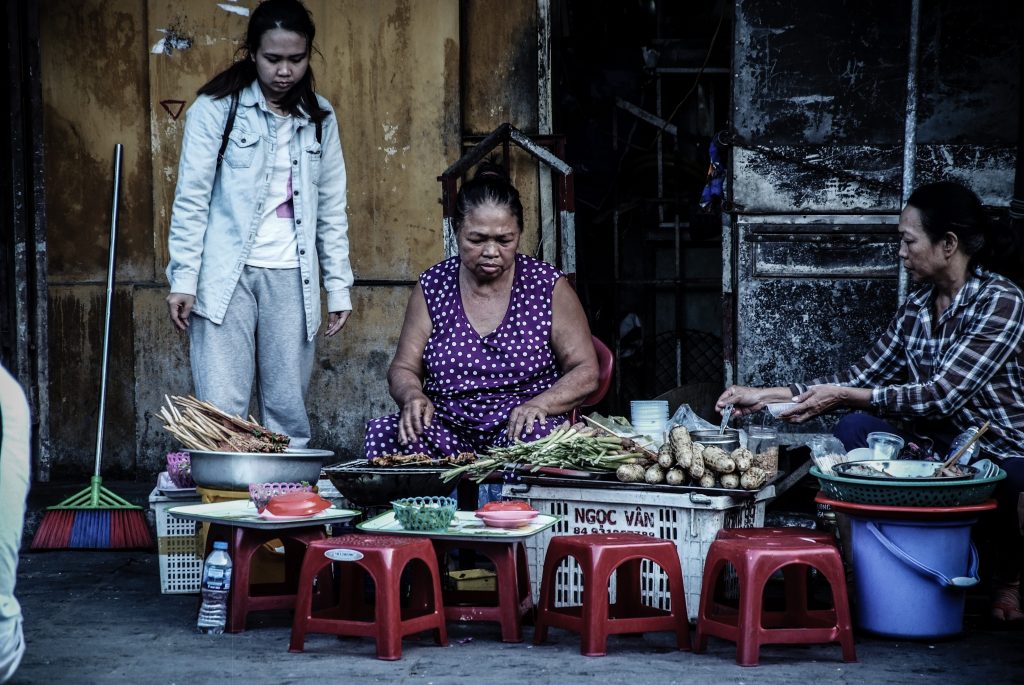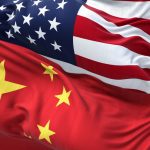Policymakers, politicians, and virtually everyone else have voiced opinions on how the coronavirus should have been dealt with, the unprecedented mandate to close down an economy and order people to stay in their homes, and the manner in which these measures should be relaxed. There is lots of noise as we experience inaccurate modeling, contradictory warnings, punditry, bluster, and even community protests. What has not really been explored are the ethics of the actions of our leaders, particularly as those actions impact the poor.
Poverty is about many things, but two central and related tenets are severe scarcity and high vulnerability. With scarcity, it is not simply the lack of money, but also a scarcity of options and choices. It can also include scarcity of time and energy. For its part, vulnerability concerns the lack of any buffer when threatening events occur. The poor are vulnerable to adverse events not only in financial terms, but also emotionally, psychologically and physically.
The economics of the crisis also have overwhelming implications for those in poverty.
The economic crisis growing out of the COVID-19 pandemic represents a case in point when it comes to these two tenets. While we know the poor have borne a disproportionate amount of the cost in terms of infections and death, the economics of the crisis also have overwhelming implications for those in poverty. When there is any sort of economic downturn, the vulnerability of the poor means they are more significantly affected. And when it is a disastrous downturn, such as the first economic shutdown in history, the impact is more immediate, much more significant, and lasts for a considerably longer period of time for the poor as compared to other groups in society. The end result is usually enhanced scarcity and greater vulnerability. And the end result is enhanced fear.
How the poor will be affected
In the next twelve months, more of the jobs that are eliminated will be ones held by the poor. In addition, those in poverty are more likely to lose work hours as full-time jobs become part-time jobs. They will disproportionately carry the burden when it comes to those who lose their homes or are evicted from rental properties. Hunger and food insecurity problems will escalate. They will also suffer more chronic health problems resulting from the cutback in available medical services and their lack of health insurance. If their children are not in school, the hardships on them will be greater than on those in higher income groups. Remote learning has likely put their children further behind. And whatever safety net exists is apt to be adversely affected, for as tax revenues decline at the state and local levels, government services to the poor are likely to be cut. Meanwhile, the numbers of those in poverty will grow.
Those in poverty that have the most to lose are often the ones who lose the most.
Perhaps the greatest tragedy is the potential of current policies to erase any progress a person has made towards getting out of poverty. Quite simply, those in poverty that have the most to lose are often the ones who lose the most. Consider the low income person that has managed to start a business. Venture creation represents a source of empowerment as this person creates their own job and jobs for others. It can also enable him or her to create their own identity, wealth, future, sense of pride and self-worth, presence in the world, and abilities to give back and make a difference. In this sense, entrepreneurship can positively impact multiple dimensions of integral human development, or the promotion of every person and the whole person. Further, when the poor create sustainable enterprises, there are many positive spillovers in terms of transforming families, neighborhoods and communities.
While there are those who expect a major economic rebound, poor entrepreneurs will experience little of the benefit.
The COVID-19 response and its lingering long-term economic effects (exacerbated as more things are cancelled ever further into the future) are likely to disempower many low-income entrepreneurs. Given their vulnerability, it will cause more of these ventures to fail. Many of those who survive will never get back to where they were before. We are seeing them unable to make rent payments, pay suppliers, keep employees, maintain benefits, afford inventory, or engage in marketing. Orders dry up, contracts are cancelled, and sources of support disappear. Planning for the future becomes problematic. Deferral of key decisions only serves to increase the costs tied to those decisions. Lack of cash flow ultimately forces the business to reduce capacity, sell off assets, and otherwise lessen the venture’s ability to create value. Over time, opportunities the firm would otherwise be able to capitalize upon are eliminated. As a result, while there are those who expect a major economic rebound in the third or fourth quarters of this year, poor entrepreneurs will likely experience little of the benefit.
Looking beyond the economic cost
Poverty itself can be debilitating, eroding many dimensions of life quality. But what are the implications when a crisis and corresponding public policy reaction takes away whatever gains a person in poverty has made, pushes them further into poverty, heightens their fear, and shatters their dreams? How does this violate the dignity of the individual? Dignity is concerned with our inherent value and worth as people. Someone does not have less value and worth simply because they experience adversity. But if I lose much of what I have managed to accumulate or accomplish, or I am made poorer, and this is due not to my own actions but the actions of governments, this would seem an infringement upon my personal dignity.
While it is currently popular to suggest that we must all share the burden in order to save lives, we will not end up sharing that burden equally. For some, they will continue to earn salaries and the burden is largely one of inconvenience. For many among the poor, they will experience loss of freedom, independence, identity, and well-being. They will experience grief and depression. In the end, their dignity will be undermined as governments pursue actions that effectively treat people unequally and result in people receiving less respect.
Ethics is about moral principles and values. Our ultimate principle as a society is a value for life. But we routinely make trade-offs, such as when we send soldiers to die for some cause, put firefighters in harm’s way, or charge people money to get a flu shot. So what are the trade-offs we are willing to make in addressing a debilitating virus? How do we factor in the real costs to the most economically vulnerable in society? This is a discussion we seem to avoid. It is important that the trade-offs we have effectively made through our response to this virus be acknowledged, explored, measured, and justified. Such conversations can lead to more enlightened approaches to the current and next crisis. It is difficult to make evidence-based decisions when we oversimplify decision options, ignore the diversity of society, and leave out major cost components.
Michael H. Morris is professor of the practice at the Keough School of Global Affairs. A scholar of entrepreneurship, he is a faculty member of the McKenna Center for Human Development and Global Business, part of the Keough School.
This article is the ninth in a series of blog posts published by the Keough School of Global Affairs. Dignity and Development provides in-depth analysis of global challenges through the lens of integral human development.



